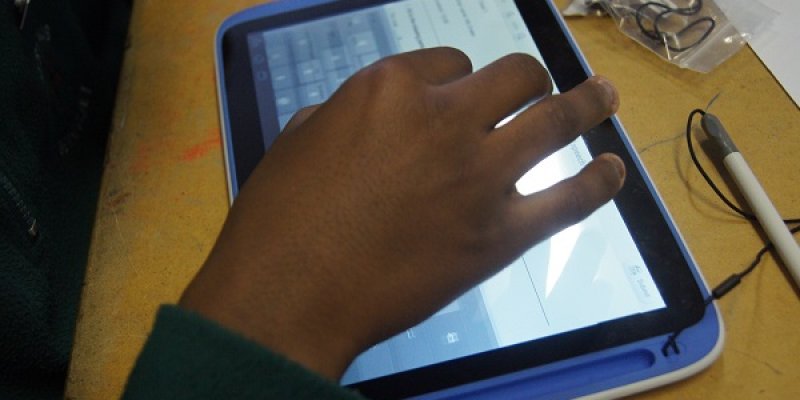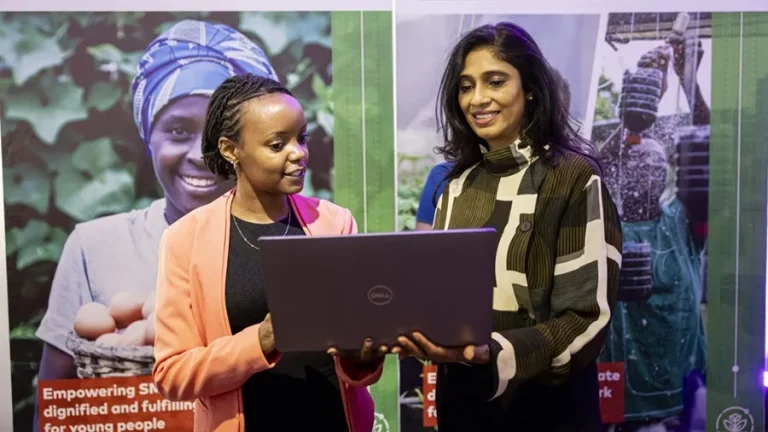According to the report, 58 percent of Nigerian families purchased or rented additional devices for remote learning

A recent survey conducted at the request of Kaspersky by Toluna research agency observed the technical challenges families faced during mandatory remote learning following lockdown measures that were implemented globally at the onset and continued in the aftermath of the COVID-19 pandemic.
More than half of Nigerian families (58 percent) with two or more children had to buy or rent additional devices to provide all of their children with the devices they needed for online classes. Surprisingly, 64 percent of Nigerian children used smartphones for remote learning.
Additionally, 73% of children experienced technical difficulties connecting to online lessons regularly or periodically. The majority (84%) got help from their parents to get their devices working. However, 10% of students resolved technical issues on their own.
“The mass enforced transition to remote learning brought about difficulties not only in terms of mastering the curriculum, but also technical issues. Many families had to purchase additional devices or borrow them from friends or the school if it offered this option, as well as install programs and regularly solve Internet issues.
This proved difficult for parents and children alike. But I’d like to hope that the experience gained from deep immersion in the online world will help us take a fresh look at the traditional offline learning format and use more effective digital tools,” comments Andrey Sidenko, head of Kaspersky’s Online Child Safety Department.
Many students had to install additional programs on their devices in order to keep up with lessons. In Nigeria, for example, 52% of students began using new video conferencing services, and 37% downloaded interactive simulators and other educational programs.
Some parents (19%) felt it was necessary to begin using a security solution.
Even as the demand for digital tools grows, the educational sector continues to draw the attention of cybercriminals on the Internet.
Zoom was the most popular lure, according to Kaspersky research.
This is not surprising given that Zoom is the most popular virtual meeting platform, with over 300 million daily meeting participants.
Moodle was the second most popular, followed by Google Meet. Except for Google Classroom, the number of users who encountered threats disguised as popular online learning/video conference platforms increased.
Kaspersky offers the Kaspersky Safe Kids solution to keep your child safe online, regardless of what they’re doing – playing, studying, or chatting with friends.
It notifies parents of how much time their child spends online and protects them from inappropriate content.
Furthermore, parents can view their child’s current location, which is useful if the child comes home from school alone.







